Description
Theresa Fry – Trauma-Informed & Resilience-Focused Classrooms: Quick & Easy Strategies to Improve Classroom Climate and Reduce Disruptive Behavior
- Faculty:
- Theresa Fry
- Duration:
- 6 Hours 26 Minutes
- Format:
- Audio and Video
- Copyright:
- Feb 21, 2020
Description
The new buzz in education is to be “trauma-informed.” The questions on all of our minds are: “How are we supposed to do this while meeting all of the other demands in education? How do I keep up with the curriculum while teaching my students these skills?” You may think “Let’s just add teaching kids how to behave to my already-impossible list of things to do.” Perhaps you’ve thought, “Here we go again…another excuse for kids to avoid consequences; schools care more about suspension rates than they do the sanity of their own teachers.”
Imagine adding strategies that take only a few minutes from your lesson plan and can benefit not only your entire class, but individual challenging students and, just as importantly, you as an educator? What if you could focus on teaching your curriculum while providing emotional safety and growth for ALL of your students instead of only one at a time? Imagine having a toolbox of strategies that you can use the next day without having to use your own money and time to find these activities.
Watch Theresa Fry in this recording and learn how a trauma-informed, resilience-focused approach will provide emotional safety & growth for all your students. By addressing their basic needs, you will increase their ability to self-regulate, decrease challenging behaviors, and simultaneously make your job notably easier. This positive approach will enable your students to learn to help themselves, leaving everyone feeling empowered, calm and ready to learn.
Handouts
| Manual – Trauma-Informed & Resilience-Focused Classrooms (14.2 MB) | 107 Pages | Available after Purchase |
| Illinois Educators Self-study Instructions (28.5 KB) | Available after Purchase | |
| Illinois Educators Evaluation Form (1.2 MB) | Available after Purchase |
Outline
THE BRAIN SCIENCE OF TRAUMA AND RESILIENCE
- Trauma & the mind-body connection
- Brain development
- Polyvagal theory
- The science of resilience
BEHAVIOR – SEPARATING THE DEED FROM THE DOER
- Reflection: the social discipline window & your approach to restoration
- History, tradition and the four basic needs
- Recognize if a student’s needs are distorted or absent
LET’S GET TO WORK: STRATEGIES, STRATEGIES & MORE STRATEGIES
Targeting strategies to reduce your most challenging classroom misbehaviors:
- Talking/blurting out
- Refusal
- Anger/rage
- Panic/anxiety reactions
- Lack of follow through
- Disrespect
- Student/student conflict
- Disengagement
Practical tools to meet students’ basic needs and promote resilience:
- Create emotional safety
- Build a relationship in difficult times
- Teach your students to accept feedback
- Address shame responses from students
Classroom wide interventions to improve self-regulation, promote compassion & create a supportive classroom climate
- Proactive strategies to build relationships
- Build a community and discuss expectations with circles
- Go slow to move fast: teach the skills that you want them to use
- Two ways to teach about the brain to develop a common vocabulary
- Zones of regulation for classroom management and self-regulation
- Brain breaks and sensory tools
- Mindfulness to help with transitions
Proven strategies to empower individual students
- Affective statements for informal conferences
- Whole classroom instruction on reset space, brain gym, and sensory tools
- Setting up your reset/calm space and how to use it
When to involve the student support team and next steps
- Universal Needs Assessment
- Private Logic
- Finding the appropriate interventions to meet specific needs
Faculty
Theresa Fry, MA, LPC, NCC, CTP-CE Related seminars and products: 1
Theresa Fry, MA, LPC, NCC. CTP-CE, began her career in education after receiving a teaching degree from Eastern Michigan University in 1997. After teaching several years at the middle school and high school levels, she received her Master of Arts in counseling. Theresa worked with at-risk students providing guidance lessons in the classroom and counseling services both with groups and individuals. In 2006, she became a Licensed Professional Counselor.
Theresa found her true passion when pursuing her trauma practitioner certification. Soon after receiving her certification to practice trauma-informed strategies in schools, she also received her clinical certification for the same. Theresa then became a trainer licensed through the National Institute for Trauma and Loss in Children and has since sought out opportunities to train other educators and clinicians to use strategies that are beneficial for kids, that promote resilience and healing from the effects of childhood trauma.
With healing in mind, Theresa sought out training in Restorative Practices to be used in schools and as a lifestyle. She became passionate about this as well and became certified as a licensed trainer through the International Institute for Restorative Practices. Theresa currently works in a trauma-informed “reset” room in a high school where she utilizes mind/body skills, brain gym, and other strategies to empower students to self-regulate. She still provides individual and group counseling and acts as a Restorative Coach for her high school.
We encourage you to ask her about her vision for her “reset” room if you can’t tell how passionate she is from her presentation at the workshop.
Speaker Disclosures:
Financial: Theresa Fry has an employment relationship with Lincoln Park Public Schools. She receives a speaking honorarium from PESI, Inc.
Non-financial: Theresa Fry has no relevant non-financial relationship to disclose.
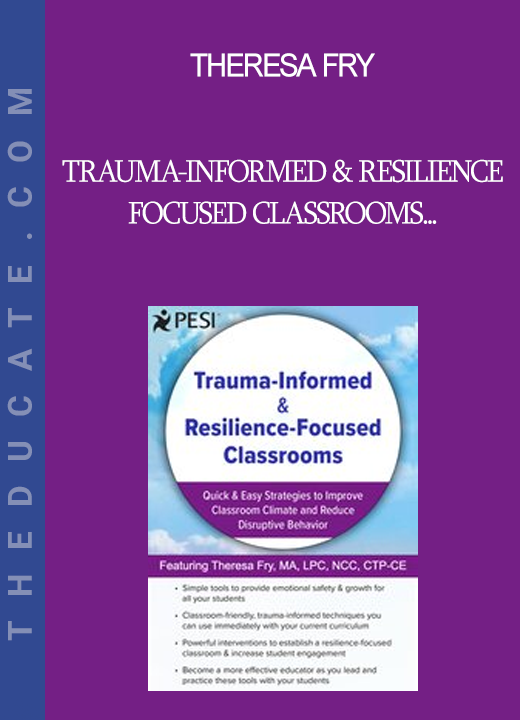
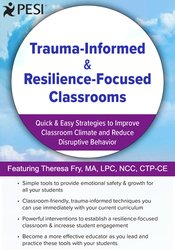

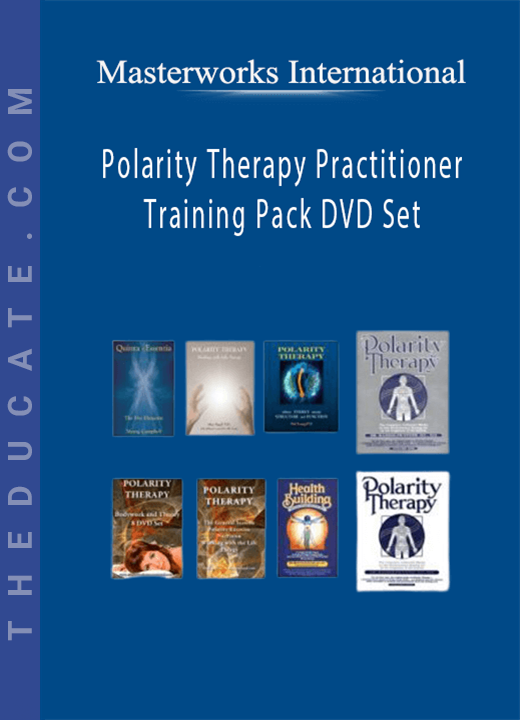
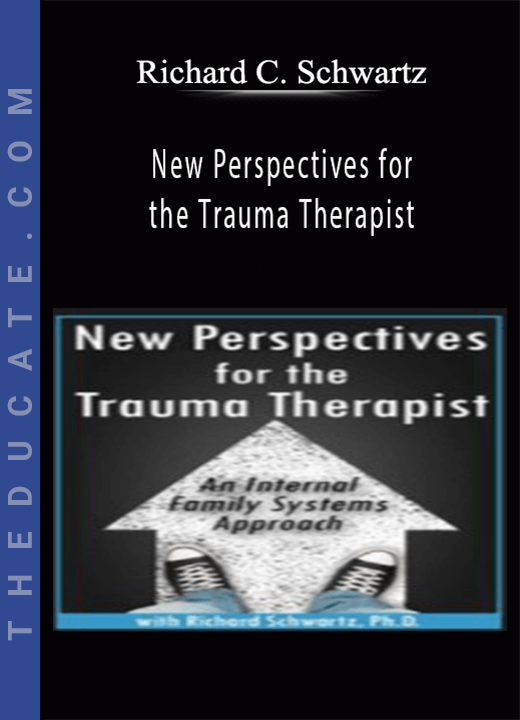
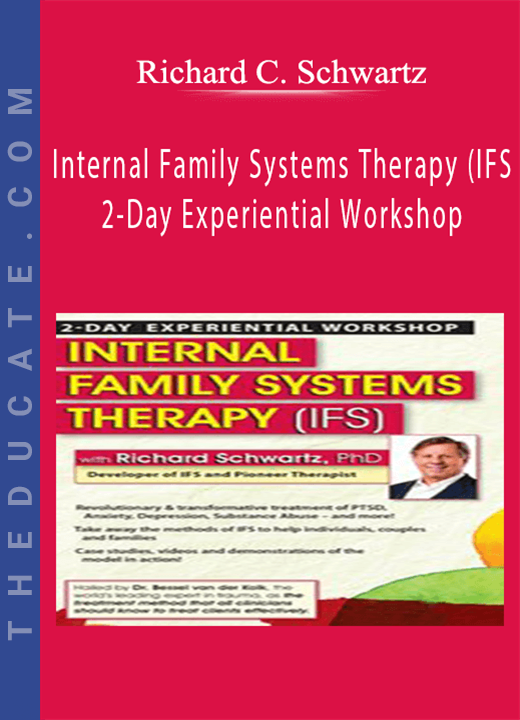
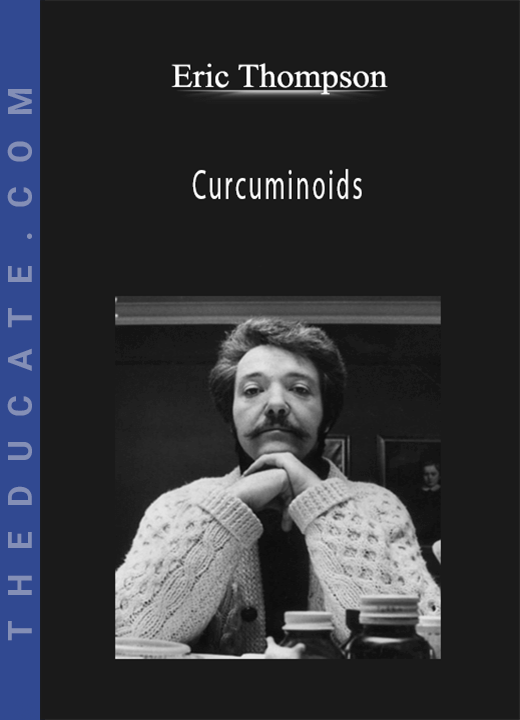
Reviews
There are no reviews yet.